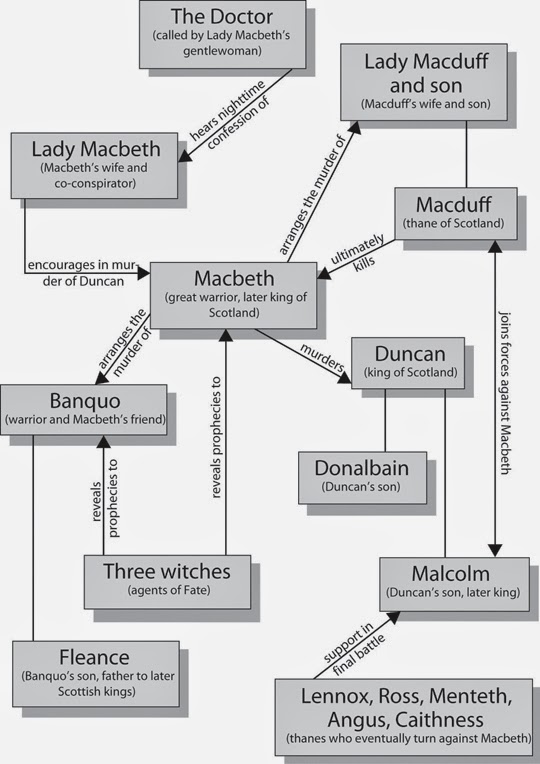Rucker 1
Daniel Rucker
Professor David Preston
AP English Literature and Composition
31 May 2014
The Masterpiece Academy of Open Source Learning
From the beginning, we have had the freedom to customize this course to how we want it to be, much like one would customize an iPhone or a bedroom. This represented trust from Dr. Preston that we deserved, although it was unexpected, as all humans are individuals, and should be given the freedom to choose their surroundings. Sadly, we did not learn to completely honor this trust until the end of the year, when most of us realized that learning was for us, and we fully decided to do what we want to as a class.
Our time in this class has made us a hero, collectively. Our class embodies all of the positive aspects of modern society, as well as our ideals. We have athleticism, bravery, kindness, intellect, and many other traits that are epitomized by our society, to what heroes are. Due to the fact that we are a class of heroes, our journey throughout the year, which started in May-June of last year, and is now coming to a close, we have gone on a heroic journey. This journey started with the threshold of us creating our blogs, came to a climax with our masterpiece, and is now resolving, making our journey come full circle, as we are back home, due to the fact that we will return to traditional learning next year, and that the circular calendar year is over, and we have worked in this course from last June to this June.
Looking back on the year, our heroic journey was mapped quite neatly, with Beowulf at the beginning of the year subtly foreshadowing the journey we had ahead of us; the acquiring of our heroic qualities, such as understanding, by reading texts such as A Tale of Two Cities and Great Expectations, which gave us the quality of understanding and empathizing with the human condition; and ended with a course in Poetry which caused us to reflect upon what we have done this year. These reflections lead us to the climax of this year and our journey with the Masterpiece Academy presentations. We showed our reflection and appreciation of knowledge in a variety of ways, from Lisa's new-found understanding of empathy, Melissa's hard work and passion for the class trip to Yosemite, and Allyson's yearning for knowledge of the biological sciences. In all of these projects, we saw possibly the most important personal quality in modern society: passion. In every presentation, such as Edmond's writing, and Zach's desire to help people through physical therapy, we see passion. Passion for our masterpieces has drawn us together as a class, and made us finish our journey, as we had found the trait that we set out on our journey to find.
Personally, passion has not been incited in me by the course to learn more or otherwise, as I already had that, but it definitely has given me a passion towards humans, as I was inspired by the vast amounts of passion around me. I have always been passionate about learning, but seeing this passion in the people around me makes me passionate to better society for the people around me. I have begun to do this in a variety of ways. My favorite is suggesting songs and television shows for people to watch, as I full-heartedly believe in the healing quality that comedy and music provides through laughter and passion. Before, I have kept these techniques to heal myself to myself, but this class has inspired me to pass it forward.







